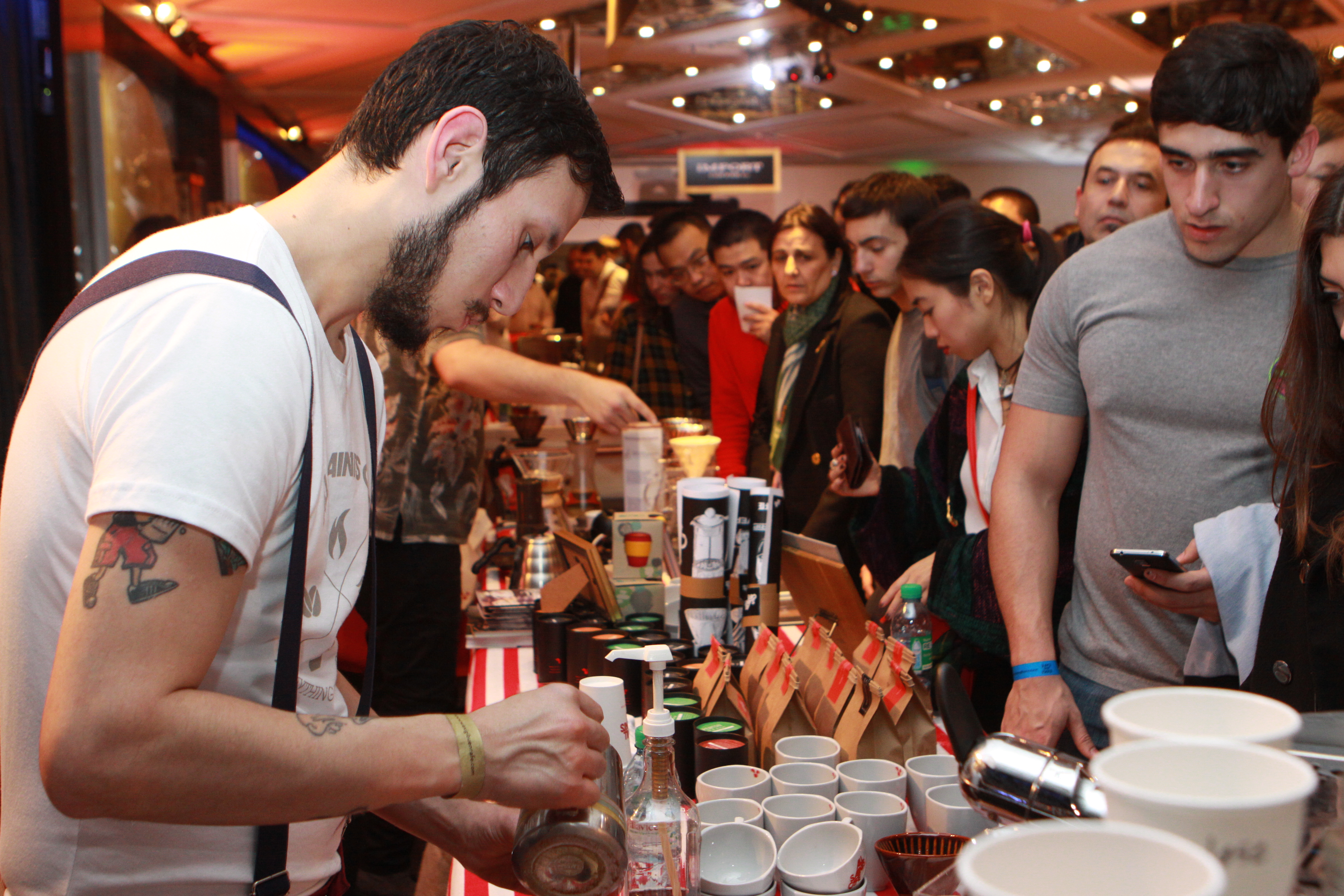
Speciality coffee has a couple of definitions that go with it. The most common probably being:
“Association of America (SCAA), coffee which scores 80 points or above on a 100-point scale is graded “specialty.”[1] Specialty coffees are grown in special and ideal climates, and are distinctive because of their full cup taste and little to no defects”
Credit “Thespecialitycoffeecompany.com”
Okay, that seems fair, right? It must score above a certain grade to have the title ‘Speciality’. What are you getting at, Dar?
Yes, coffee must score above a certain mark, which in theory sounds logical and trustworthy. But do you know when the coffee is scored? Coffee goes through many important steps before you eye it up in the cup in front of you. Three incredibly important steps are harvesting, roasting and, of course, brewing. These three processes have an immense impact on the final flavour of the cup.
The score attached to the coffee is awarded before roasting, or brewing, not after. A café can buy some of the highest scoring coffee in the world from a roaster. That roastery could accidently burn it, then the café receives it and if they are super busy, could make a mess of the brew. You, my friend, are now the proud owner of a €4.50 cup of coffee, which tastes like burnt toast.
It is easy for cafés to buy in 80+ coffees and throw a sign in the window. What’s difficult is dialling in every morning, weighing every shot of espresso, constantly cleaning your equipment and, generally, just being a kick-ass barista. Remember, that score is the potential that the coffee can reach, which is only made possible if the proper care and attention is given to the beans. A well looked after 79 rated coffee can easily taste better than a neglected 85 rated coffee. So non-speciality can taste better than speciality…I know, ‘tis mad.
The term speciality coffee is only relevant to the end consumer if every barista working in speciality coffee shops around the world have been given the training and resources to allow them help the coffee reach its potential. That is being generous and assuming every barista even given the infrastructure would give the coffee the TLC it needs to do so; it is easy to neglect quality when there is a giant queue in front of you. I know I have been guilty of it once or twice during my time as a barista. (If you are reading this Peter, it totally wasn’t in the Science Gallery, I swear…)

Try keep the quality the same with a queue like that looking at you.
The SCAA score sheet has its benefits: it is essential for green buyers and farmers, and is fantastic for their business. The scoresheet then turns into a guide to the best coffee shops around a city, but it shouldn’t be.
To find a solution, we should look to the food industry’s Michelin Star. As a restaurant, you could buy the best ingredients in the world, but that is far from enough to be recognised by the prestigious guide. People are in awe of restaurants that make it on that list, and have instant respect for any business on it. The equivalent of that in the coffee industry would be exciting; it would offer an easy way for tourists and locals to find the most deserving coffee shops in the city, rather than looking for “speciality coffee” which doesn’t guarantee nicely roasted coffee or a well-made brew.

The Michelin Star guide
Imagine how nice a guide like the one above would be if we had it for coffee shops.
Very cool post..keep it up. A Michelin star guide for coffee would be awesome.
LikeLiked by 1 person
Thanks Andrew, really appreciate it!
LikeLike